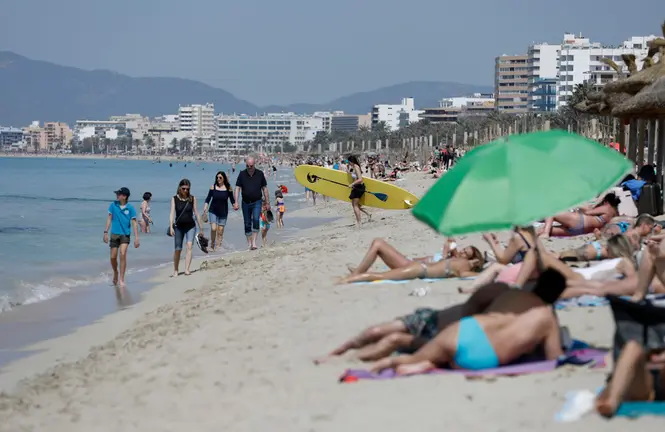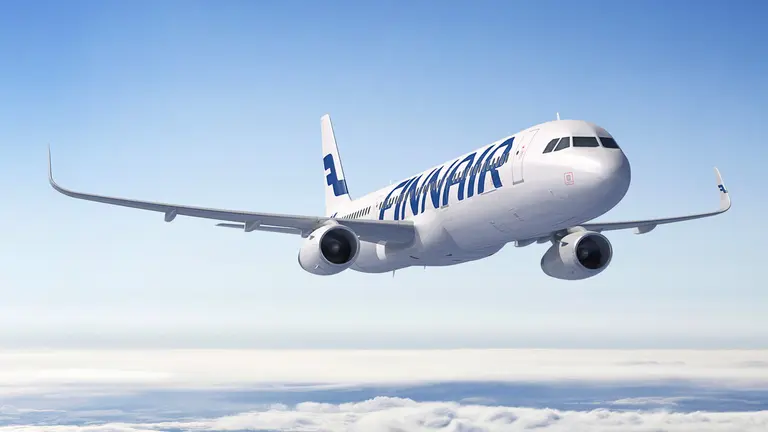The health situation in Europe is far from safe. And the Finnish government constantly reassesses the evolution of the coronavirus pandemic in the different countries to decide with which to allow unrestricted flows of travelers.
At its July 23 meeting, the cabinet decided to reintroduce internal border controls to monitor passenger traffic between Finland and Austria, Slovenia and Switzerland. In these three Schengen countries, the number of cases has increased since the previous evaluation, says the Government's Communication Department.
The restrictions will take effect on Monday 27 July 27. In practice, restrictions mean that people from these countries will be required to maintain a voluntary quarantine for two weeks.
Internal border control will be continued in traffic between Finland and Spain, Luxembourg, Portugal, Poland, France, Sweden and the Czech Republic.
According to the government, restrictions on entry can be waived in traffic between Finland and countries where the incidence of coronavirus has been at most 8 new cases per 100,000 persons during the previous 14 days.
Epidemic worsens
Alternatively, the abolition of internal border controls and the lifting of entry restrictions may be considered for countries with a maximum of 10 new cases per 100 000 persons in the previous 14 days.
The government has previously stated that lifted restrictions can be reinstated if necessary "if the epidemic situation in a country worsens significantly."
Currently, there are no border controls in traffic between Finland and Norway, Denmark, Iceland, Estonia, Latvia, Lithuania, the Netherlands, Belgium, Italy, Greece, Liechtenstein, Malta, Germany, Slovakia and Hungary.
Restrictions on Algeria and Australia
On 30 June, the Council of the European Union approved a recommendation (the ‘green list’) on the lifting of restrictions on border traffic for non-EU countries, also known as third countries.
Traffic between Finland and the countries on the list will be opened up subject to certain restrictions if the number of new infections in the country on the list does not exceed 8 per 100,000 persons during the previous fourteen days.
The countries that currently meet this criterion are South Korea, Georgia, Japan, China, Rwanda, Thailand, Tunisia, Uruguay and New Zealand. Since 13 July, travel for work and other essential traffic has been permitted for people living in these countries.
From 27 July onwards, traffic between Finland and these countries will be allowed without restrictions. However, as far as China is concerned, the Council of the European Union must confirm the adequate implementation of reciprocity.
In the case of residents of Algeria and Australia, the restrictions on external border traffic were eased on 13 July, but according to the latest epidemiological assessment, the countries no longer fulfill the criterion set by the Government. Restrictions on external border traffic between Finland and Algeria and Australia will therefore be tightened again.
In force until 25 August
Restrictions on external border traffic have previously been lifted for traffic between Finland and Andorra, Cyprus, Ireland, San Marino and the Vatican. Traffic between Finland and these non-Schengen countries is allowed without restrictions.
The decisions made by the government will remain in force until 25 August. The cabinet will reassess the need for and extent of the restrictions on entry in approximately two weeks based on the epidemiological situation.












